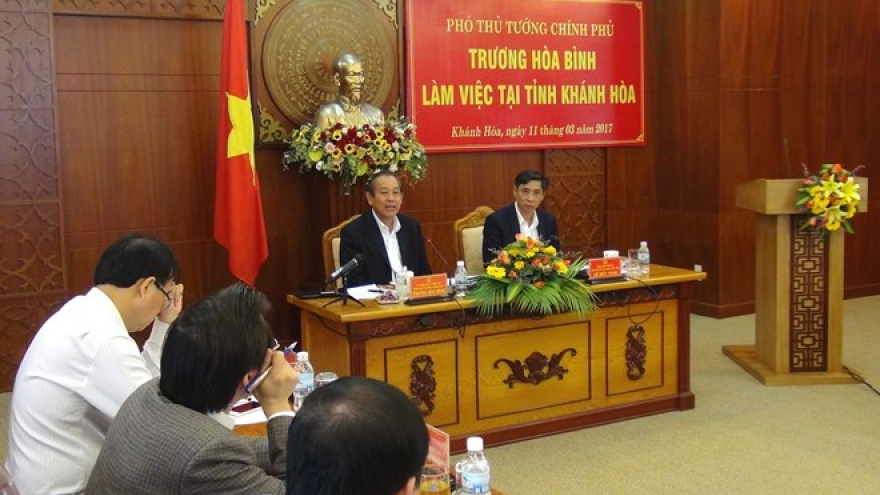Special Economic Zones: hopes and challenges
Minister of Planning and Investment Nguyen Chi Dung said three new special economic zones can attract at least US$10 billion worth of foreign direct investment (FDI) in the next five years.
 |
“High-technology projects and clean production fields will be prioritized,” he said.
The three special economic zones (SEZs) include Van Don in the northern province of Quang Ninh, Bac Van Phong in Khanh Hoa in the central region and Phu Quoc in the southern province of Kien Giang.
However, analysts warned that the challenges in investment capital and sustainable development strategy. The three SEZs may ignite a new wave of establishing SEZs in other provinces and cities.
An analyst pointed out that it would be a big headache for Vietnam to mobilize capital, about tens of billions of dollars, for infrastructure development.
With public debt nearly hitting a ceiling of 65% of GDP and the budget deficit on the rise, it will be difficult to allocate budget for huge investment items.
The Quang Ninh provincial authorities began working on an SEZ in 2012 and estimated that to develop a project as wanted, it would need about US$12 billion by 2030, including US$5.7 billion for the 2014-2020 period.
Besides Quang Ninh, Khanh Hoa and Kien Giang, which are home of three SEZs, some other cities and provinces including HCM City, Danang and Hanoi also want to apply specific policies to serve their ambitious economic development strategies.
Vietnam may turn into a destination point for outdated, polluting technologies.
The country needs to draw up a strategy on attracting investments in a sustainable way instead of investments which focus on exploiting real estate, and take full advantage of low taxes and low labor costs. In this issue, analysts say, Vietnam can learn experiences from the SEZ in Shenzhen.
The Chinese city is the home of many supporting enterprises for the world’s leading electronics groups and many startups, which has created a bustling technology valley.
McKinsey, a consultancy group, warned that the failure of SEZs is seen with 50% of SEZs operating ineffectively. In general, SEZs have to spend one decade before they see success.
Meanwhile, commenting about policies to attract investors, Tran Dinh Thien, head of the Vietnam Economics Institute said, “SEZs are nests for phoenixes to come to lay eggs. If we make nests for fowls, phoenixes won’t come.”


